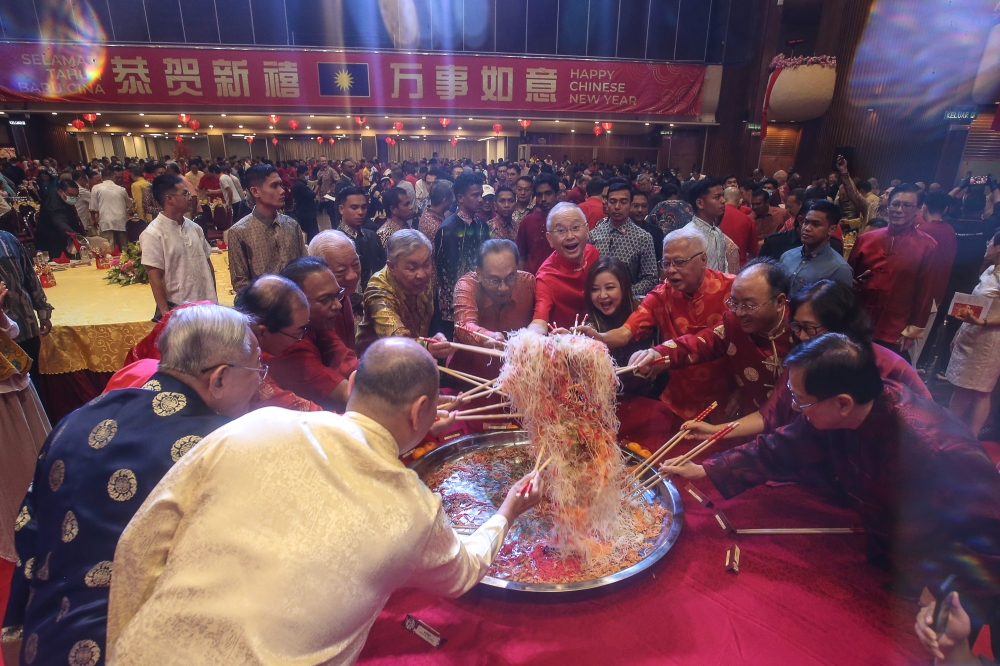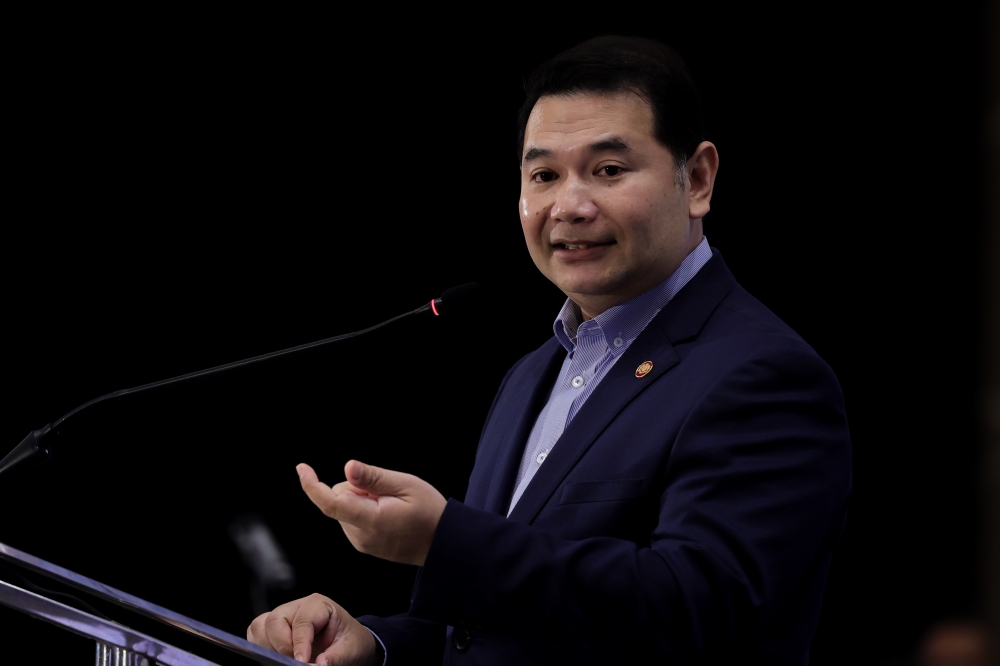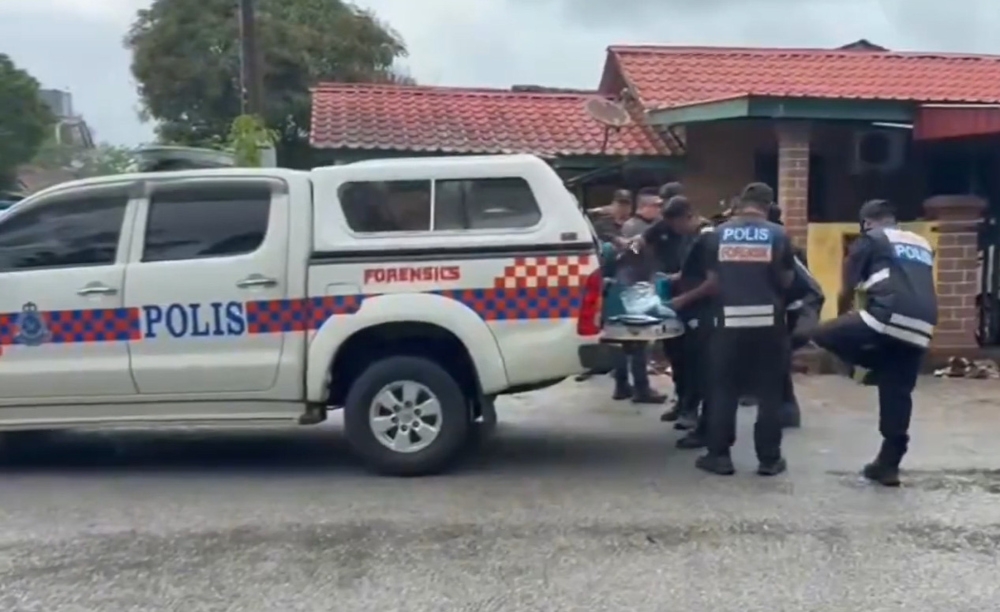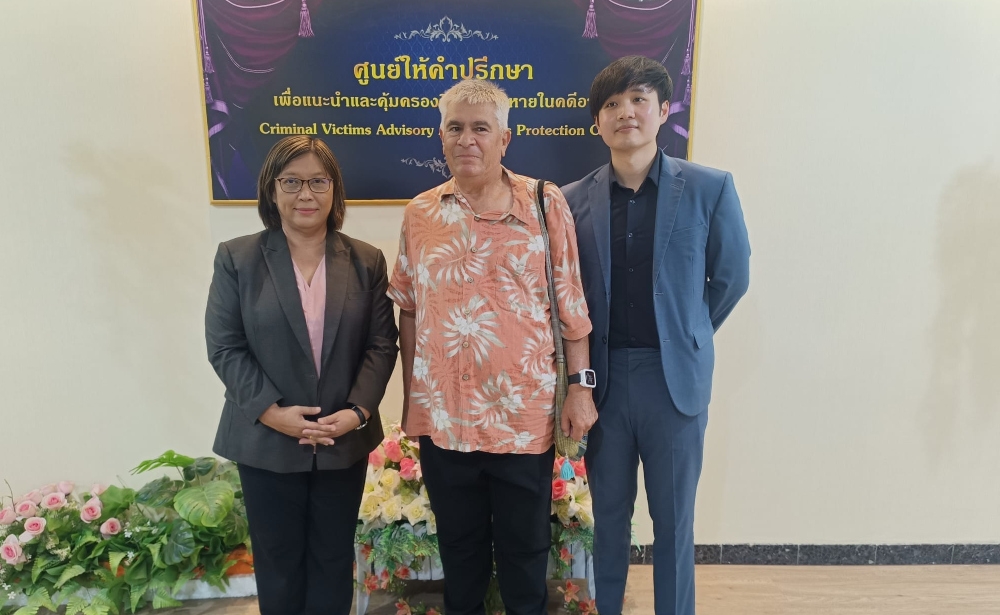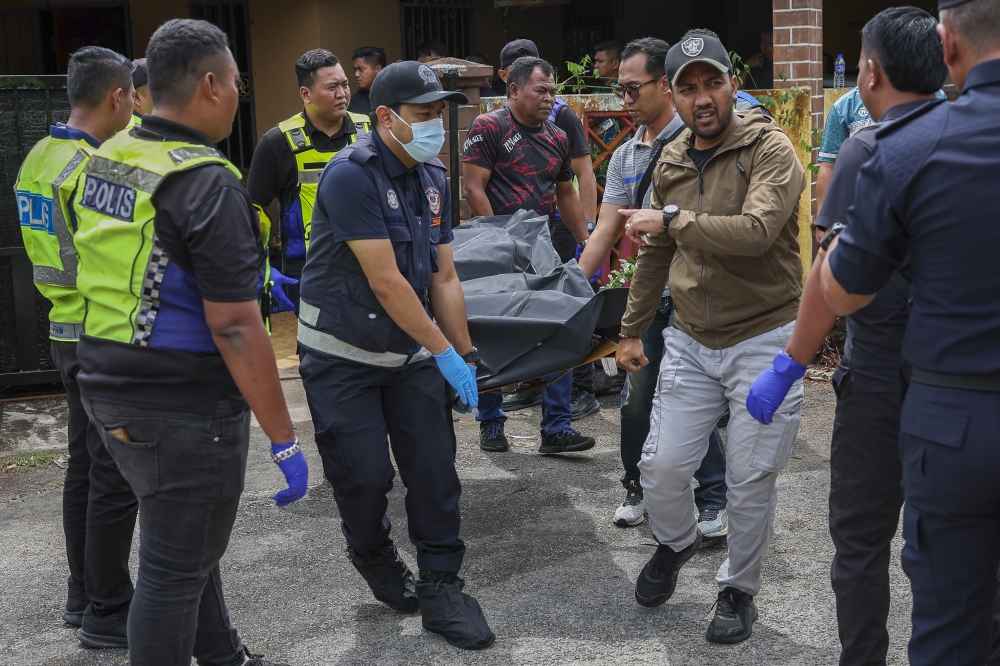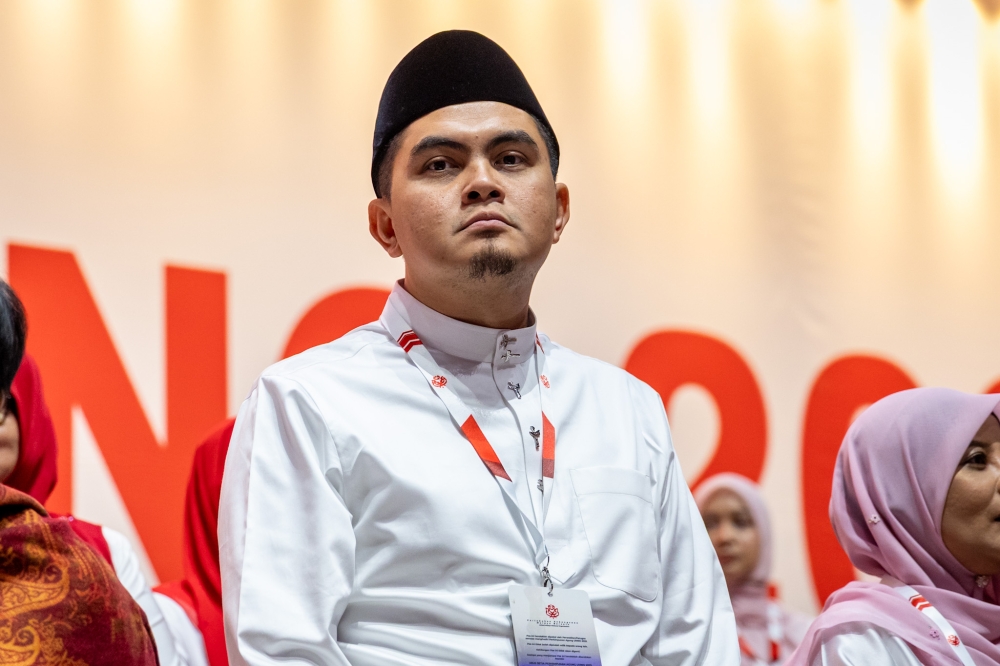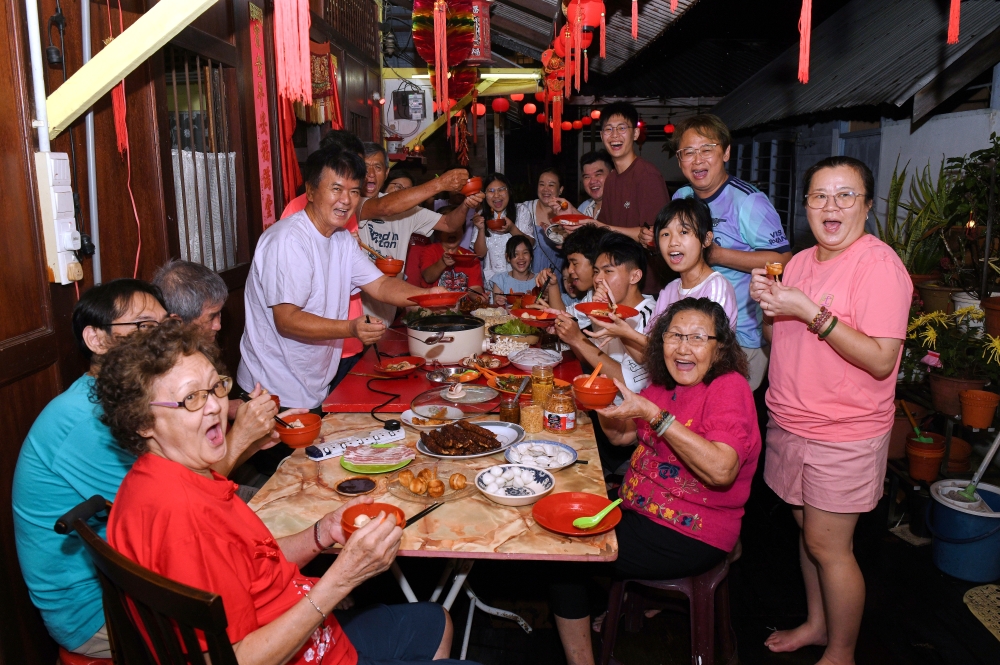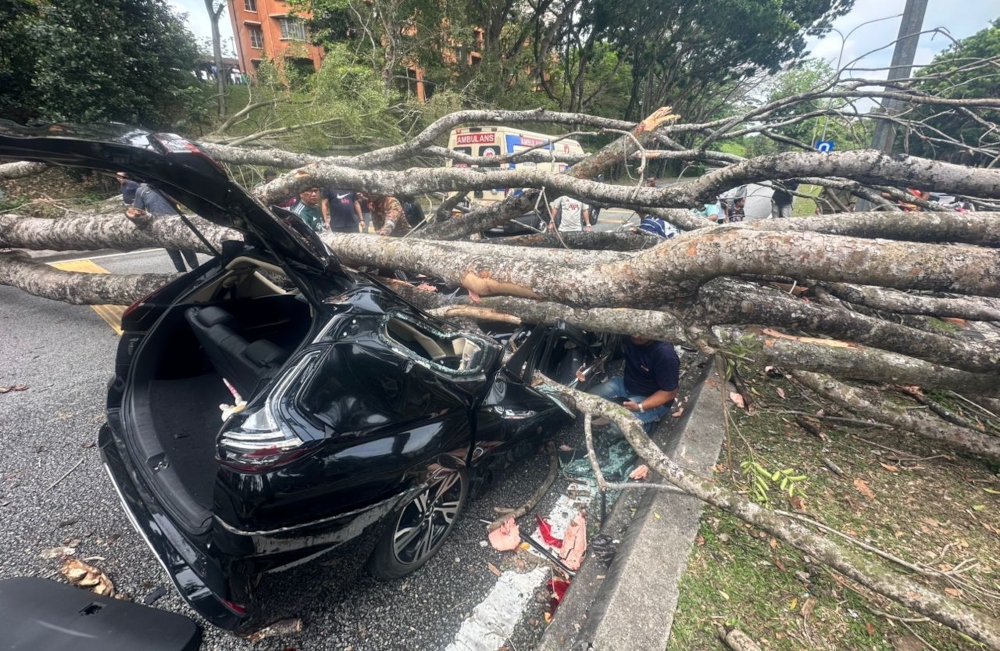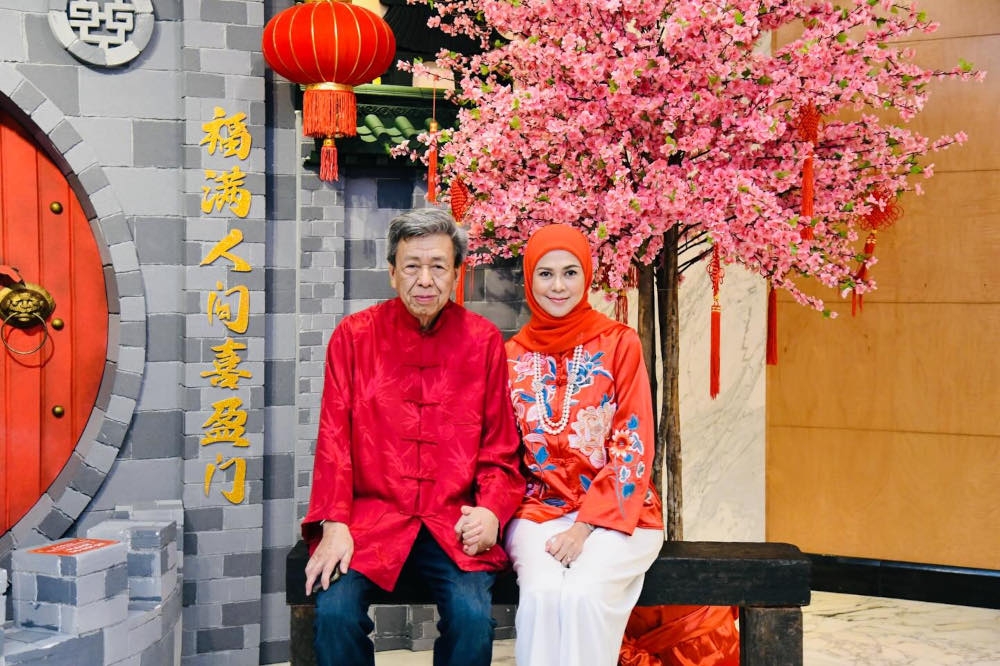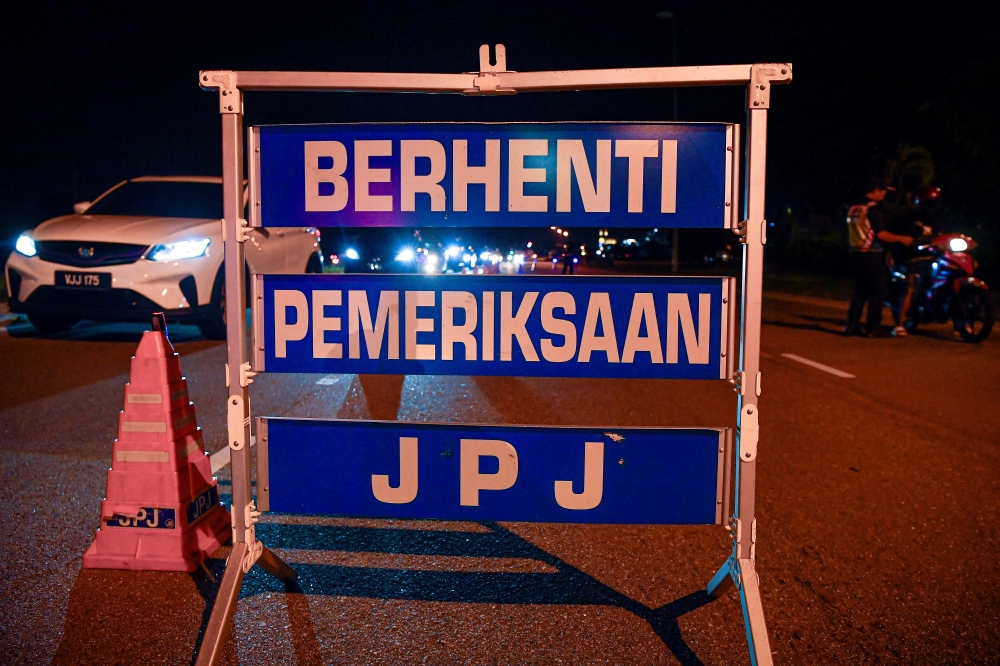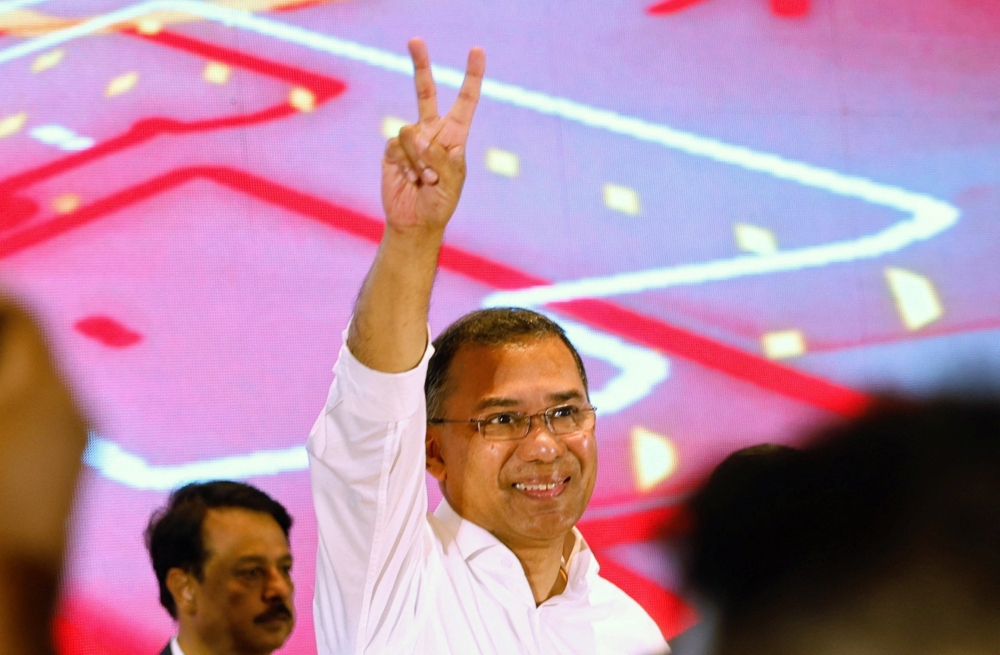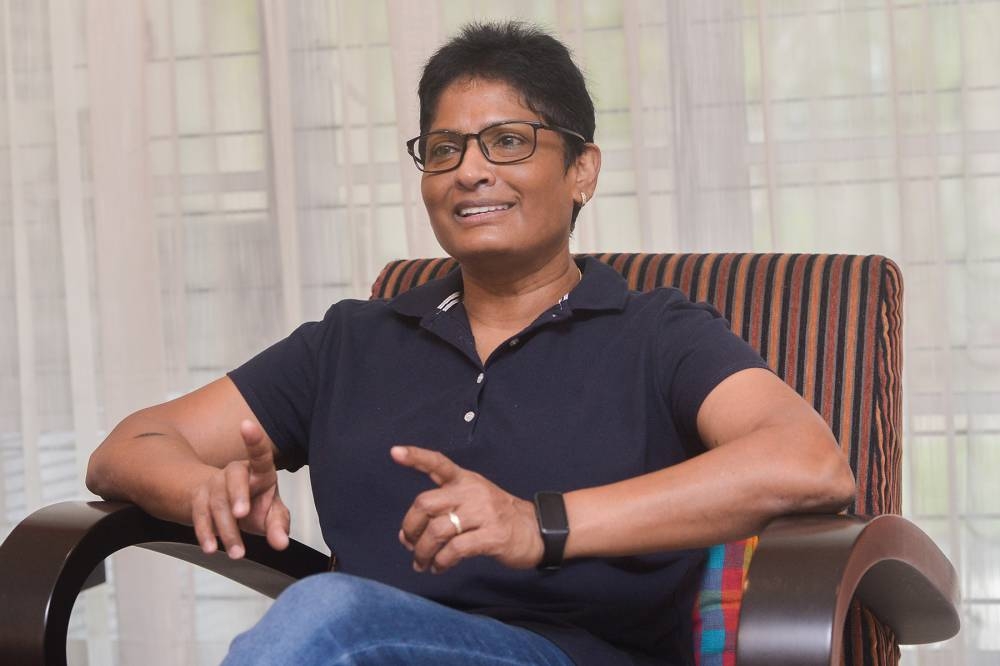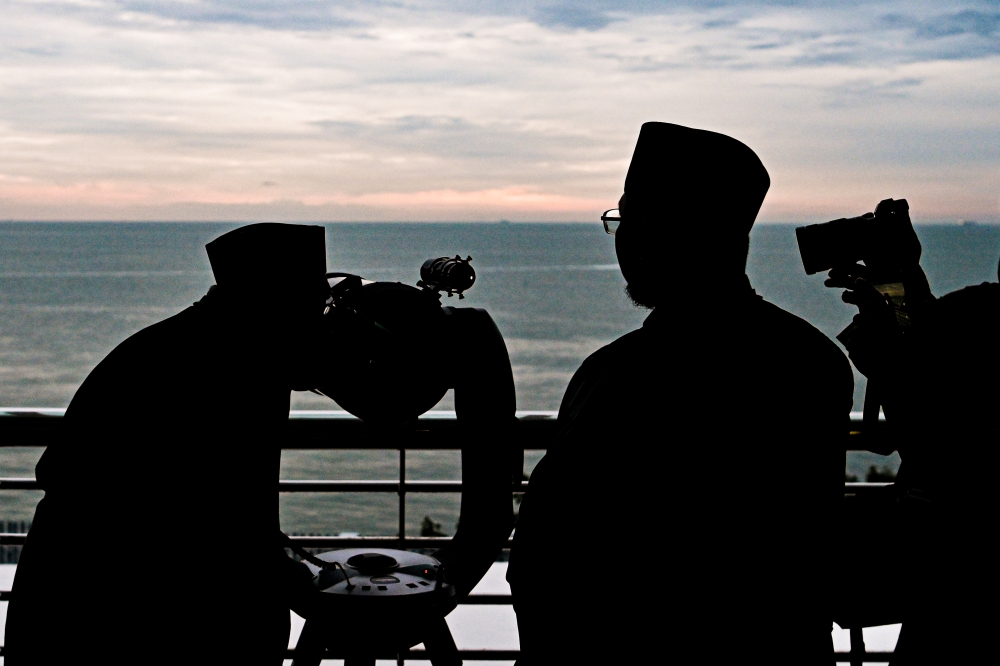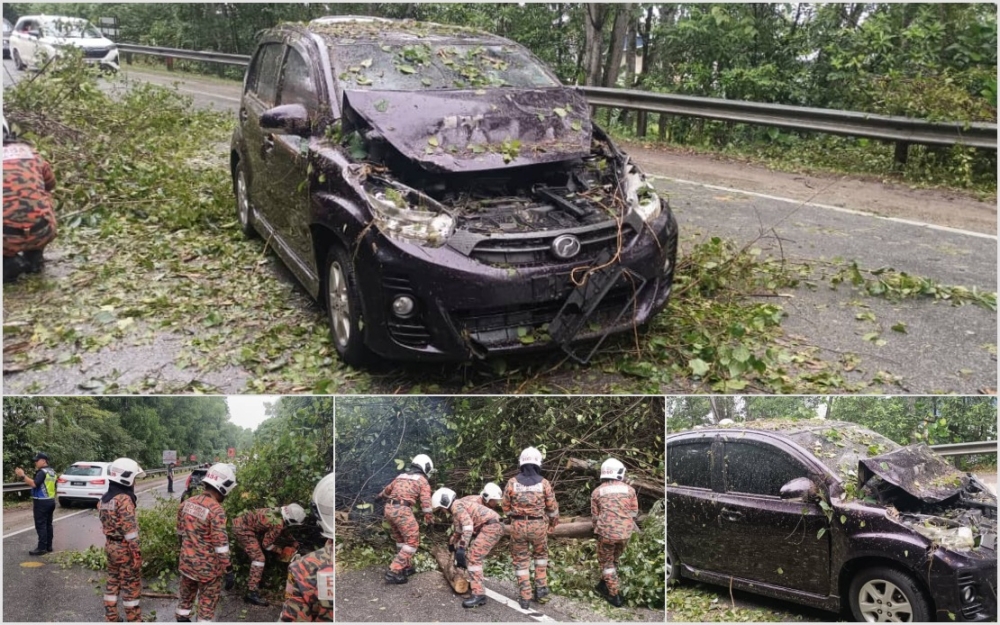PETALING JAYA, May 26 — After over two decades with the World Bank, Nagavalli Annamalai has opted to return to Malaysia and finally been certified as a lawyer, which she hopes will let her help others as her rubber-tapper father once did.
Raised on a rubber plantation in Perak, Nagavalli had gone to Universiti Malaya (UM) and, after that, the Harvard Law School on a Bank Negara Malaysia (BNM) scholarship.
She continued to serve the central bank for another 13 years after graduating from Harvard, before she was headhunted to join the World Bank where she spent the next 22 years including 17 as a lead counsel.
Nagavalli returned to Malaysia two years ago to care for her 93-year-old mother and completed her professional qualification as a lawyer, which she did not have the chance to do after she first graduated from UM.
Now a certified lawyer, Nagavalli said she hoped to make pro bono work a key part of her legal career, crediting the altruism to the influence of her father who died when she was 14.
“My father was a very kind man,” she told Malay Mail during an interview held at her residence in Petaling Jaya.
“Even though we had very little growing up in the estate, whatever little he had he would give to people who asked for help. When people said that they didn’t have enough provisions, he would take them to the grocery store and buy what they needed.”
During the interview, Nagavalli emphasised an appreciation for human connection and an obligation to help those less fortunate.
“When you are privileged or when you have opportunities others don’t have or when you get lucky, I feel that it is your moral duty to help others,” she said. “I feel very compelled to believe that I have been given all of this so that I can reach out and do my best for my fellow beings.”
“I think that giving is such a pleasure, such a wonderful thing to be able to do,” she continued.
She completed her certification during the Covid-19 lockdowns, and was admitted to the Malaysian Bar last Friday.
While her work with the World Bank took her far from the country, Nagavalli said she never entertained the idea of leaving Malaysia permanently.
“From the time I started work abroad, I was very determined to come home,” she said, when asked what it was like returning to Malaysia after 22 years abroad. “Malaysia has always been home for me; that has never changed.”
Nagavalli attributed part of her success to coming from a large family. As the ninth child out of ten, she said her older working siblings supported her through secondary school and taught her how to navigate life.
Being part of a big family was instructional about human interaction, she said, before adding that she also took pointers from other areas of her life, such as her gardening and photography hobbies.
An avid photographer, Nagavalli spoke at length with Malay Mail’s photographer during the interview, correctly identifying the camera equipment used and discussing technological advancements in the industry.
“Photography helps you to focus and to hold your gaze,” she said. “In interacting with people, these skills are very important in establishing connections. It helps you communicate better.”
As for gardening, she said the hobby taught patience and care, virtues that aid human relationships as much as plants.
There were similarities also between gardening and her previous roles both at BNM and the World Bank, Nagavalli said.
“It was a constant ongoing effort to make sure that things move, grow, become better. That’s what development is all about. And the thing is, developments take time!” she said.
Beginning her career as a lawyer at 60, Nagavalli said it was important to be mindful and grateful in life, and avoid needless comparisons and desires that were sources of suffering and resentment.
“What gives you lasting joy, fulfilment and peace? You have to determine that for yourself.”
“The need to be greedy and do unkind things and the need to succeed can come from very unhealthy competition and comparison,” she added.
Now that she is back in Malaysia and pursuing a legal career, she said she viewed the law and its proper administration as the central building blocks to the country’s progress.
She also expressed optimism in the next generation of Malaysians.
“I feel that they are kinder and more willing to help,” she said. “I see a younger generation of people who are well-informed. I have a lot of hope for the Malaysian youth!”

